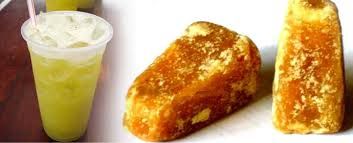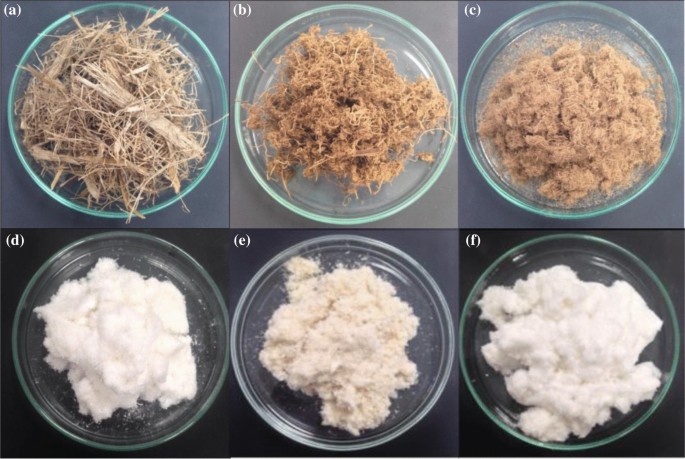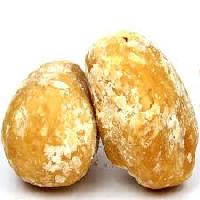Sustainable Sugarcane Products: From Sweeteners to Eco-Friendly Product
The potential of lasting sugarcane items expands past standard sweeteners to incorporate a variety of environmentally friendly items, presenting a compelling situation for their assimilation right into modern consumer methods - sugarcane product. As the world grapples with pressing ecological problems, sugarcane arises as a flexible resource with the ability of addressing both dietary needs and sustainability objectives. This discussion will check out how developments in sugarcane growing and handling can lead to substantial advancements in biodegradable packaging and eco-conscious textiles. What effects might these advancements have for future consumer options and environmental impact?
Introduction of Sugarcane Sustainability
As the need for eco friendly items grows, recognizing sugarcane sustainability comes to be progressively essential. Sugarcane, a versatile plant, is grown largely in subtropical and tropical areas, and its sustainability is essential for both environmental health and wellness and financial viability. Lasting sugarcane farming practices concentrate on reducing eco-friendly impact while making the most of productivity and profitability.
Trick elements of sugarcane sustainability consist of efficient land use, reduced chemical input, and enhanced water monitoring. Practices such as crop rotation, integrated parasite administration, and organic fertilizing add to dirt wellness and biodiversity. Furthermore, ingenious innovations, such as accuracy farming, aid enhance resource usage and decrease waste.
Furthermore, sugarcane is a sustainable source, with byproducts that can be utilized in various industries, from biofuels to naturally degradable plastics, consequently reducing reliance on nonrenewable fuel sources and reducing carbon footprints. Qualifications like the Bonsucro common motivate sustainable methods throughout the supply chain, promoting transparency and liability.

Sugarcane-Based Sugar
Using sugarcane as a main source, sugarcane-based sugar have gained prominence as all-natural choices to fabricated sweeteners and polished sugars (sugarcane product). These sugar, originated from the extraction and processing of sugarcane juice, provide a series of items that provide to diverse consumer preferences, including organic and minimally refined alternatives
Among the most remarkable sugarcane-based sugar are raw walking cane sugar, panela, and molasses. Raw walking stick sugar keeps even more of the natural tastes and nutrients discovered in sugarcane, making it a popular selection for health-conscious consumers. Panela, a typical Latin American sugar, is generated by vaporizing sugarcane juice, maintaining its all-natural minerals and vitamins. Molasses, a byproduct of sugar extraction, is abundant in anti-oxidants and vital nutrients, serving as a healthy sweetening representative in various culinary applications.
The growing need for sugarcane-based sugar is driven by raising awareness of wellness and sustainability problems related to traditional sugar. By picking sugarcane-derived items, customers not only sustain sustainable agricultural practices but likewise add to a healthier way of life, straightening their dietary choices with their ecological values.
Biodegradable Product Packaging Solutions
Becoming a sensible alternative to standard plastics, eco-friendly packaging solutions stemmed from sugarcane are changing the packaging sector. These cutting-edge products provide an environmentally friendly alternative that deals with the growing concerns over plastic contamination. Utilizing the all-natural sugars discovered in sugarcane, makers are establishing different forms of naturally degradable packaging, including movies, containers, and wraps that disintegrate a lot more rapidly than typical plastics.
The key advantages of sugarcane-based product packaging depend on its sustainable sourcing and its ability to break down right into non-toxic results. Unlike fossil fuel-derived plastics, which can continue the atmosphere for centuries, sugarcane product packaging commonly decays within a couple of months under proper problems. This reduction in waste not only reduces landfill overflow yet additionally reduces the carbon footprint related to product packaging materials.
Additionally, sugarcane-derived product packaging maintains durable performance attributes, offering similar sturdiness and capability to traditional alternatives. As consumers and businesses progressively prioritize sustainability, the adoption of naturally degradable product packaging solutions stands for a considerable action towards a round economy, where products are recycled and regenerated as opposed to thrown out. This shift not only boosts brand name photo but likewise adds to a more sustainable future for the planet.
Eco-Friendly Textiles and Fabrics
Eco-friendly fabrics and textiles are gaining grip in the fashion and home goods markets as consumers increasingly demand sustainable choices to standard products. Amongst the remarkable choices are textiles originated from sugarcane, which supply an environmentally accountable choice to synthetic fibers. These textiles are produced with a procedure that utilizes the renewable energies discovered in sugarcane, dramatically minimizing reliance on petroleum-based products.

Brands are increasingly integrating eco-friendly textiles right into their line of product, showing a more comprehensive dedication to sustainability. This change is not simply a fad however a required development in feedback to ecological issues. As the market for sustainable fabrics expands, customers can eagerly anticipate cutting-edge styles that incorporate style with ecological responsibility. Ultimately, environmentally friendly fabrics and materials stand for a significant action towards minimizing the fashion sector's environmental footprint while catering to the growing need for liable consumer options.
Advancements in Sustainable Farming
Revolutionizing farming practices, innovations in lasting farming are changing the way plants are grown and handled. These innovations focus on minimizing environmental influence while taking full advantage of effectiveness and productivity. Techniques such as precision agriculture use data analytics and satellite imagery to optimize resource usage, ensuring that water, fertilizers, and chemicals are applied only where needed. This targeted strategy not just lowers waste but also enhances plant yields.

Additionally, agroecology, which incorporates ecological principles right into farming, advertises biodiversity and soil Recommended Reading wellness. Practices such as crop rotation, cover chopping, and intercropping foster resistant environments that can stand up to pests and environment variants - sugarcane product. In addition, the usage of organic plant foods and biopesticides contributes to much healthier soils and ecosystems

With each other, these technologies are not only improving the agricultural landscape but also contributing to a more lasting future for sugarcane and various other crops, lining up agricultural practices with environmental stewardship.
Conclusion
Lasting sugarcane products stand for a substantial advancement in environmentally friendly choices, covering from all-natural sugar to biodegradable goods. As consumer preferences increasingly lean in the direction of lasting alternatives, the convenience of sugarcane as a renewable source becomes increasingly site appropriate.
The potential of lasting sugarcane items expands beyond standard sugar to incorporate a variety of environment-friendly goods, offering a compelling case for their combination right into contemporary consumer practices. Lasting sugarcane farming practices focus on minimizing ecological influence while making the most of efficiency and profitability.
Sustainable sugarcane items represent a considerable development in green alternatives, spanning from all-natural sweeteners to eco-friendly items. The farming of sugarcane via lasting techniques not only enhances ecological health but additionally adds to economic feasibility. As customer choices progressively lean in the direction of sustainable choices, the flexibility of sugarcane as a sustainable resource comes to be progressively relevant.